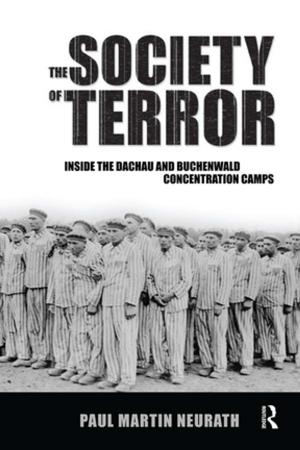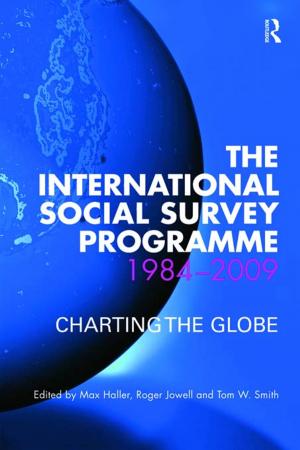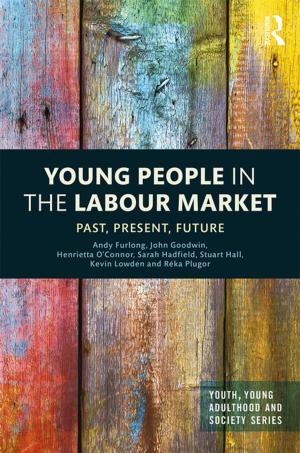The Routledge International Handbook of Psychosocial Epidemiology
Nonfiction, Health & Well Being, Psychology, Applied Psychology| Author: | ISBN: | 9781317375128 | |
| Publisher: | Taylor and Francis | Publication: | December 14, 2017 |
| Imprint: | Routledge | Language: | English |
| Author: | |
| ISBN: | 9781317375128 |
| Publisher: | Taylor and Francis |
| Publication: | December 14, 2017 |
| Imprint: | Routledge |
| Language: | English |
The health effects of psychosocial factors are a widely discussed and controversial topic. Do positive and negative emotions affect our risk of developing physical disease? Are depressive individuals more likely to have cancer than those with an optimistic outlook on life? And what is the role of IQ in staying healthy and recovering from disease? Importantly, can we improve our health and life expectancy by avoiding certain psychosocial risk factors and maximizing positive psychological well-being? These and other questions are the focus of psychosocial epidemiology, a discipline linking psychological, social and biological sciences.
The Routledge International Handbook of Psychosocial Epidemiology is the first book to map this growing discipline. Including contributions from many of the leading researchers in the field, it is divided into five sections:
- Part I: Methodological challenges in studying psychosocial factors and health;
- Part II: Psychosocial factors in the etiology and prognosis of chronic diseases;
- Part III: Controversies in the psychosocial approach;
- Part IV: Interventions and policy implications
- Part V: Future research directions
Taking advantage of a huge growth in research in recent years, the book provides the reader with the essentials to evaluate the diverse set of studies on psychosocial factors and health that are published today, and describes study designs in this field of research, progress in judging the validity of epidemiological evidence, as well as challenges in translating evidence into action.
This is an important and timely book. Providing methodological rigour, critical analysis and the policy implications of this emerging field of study, The Routledge International Handbook of Psychosocial Epidemiology will be an invaluable resource for students and researchers within both behavioural and medical sciences, as well as policy makers and others working in health and social care.
The health effects of psychosocial factors are a widely discussed and controversial topic. Do positive and negative emotions affect our risk of developing physical disease? Are depressive individuals more likely to have cancer than those with an optimistic outlook on life? And what is the role of IQ in staying healthy and recovering from disease? Importantly, can we improve our health and life expectancy by avoiding certain psychosocial risk factors and maximizing positive psychological well-being? These and other questions are the focus of psychosocial epidemiology, a discipline linking psychological, social and biological sciences.
The Routledge International Handbook of Psychosocial Epidemiology is the first book to map this growing discipline. Including contributions from many of the leading researchers in the field, it is divided into five sections:
- Part I: Methodological challenges in studying psychosocial factors and health;
- Part II: Psychosocial factors in the etiology and prognosis of chronic diseases;
- Part III: Controversies in the psychosocial approach;
- Part IV: Interventions and policy implications
- Part V: Future research directions
Taking advantage of a huge growth in research in recent years, the book provides the reader with the essentials to evaluate the diverse set of studies on psychosocial factors and health that are published today, and describes study designs in this field of research, progress in judging the validity of epidemiological evidence, as well as challenges in translating evidence into action.
This is an important and timely book. Providing methodological rigour, critical analysis and the policy implications of this emerging field of study, The Routledge International Handbook of Psychosocial Epidemiology will be an invaluable resource for students and researchers within both behavioural and medical sciences, as well as policy makers and others working in health and social care.















